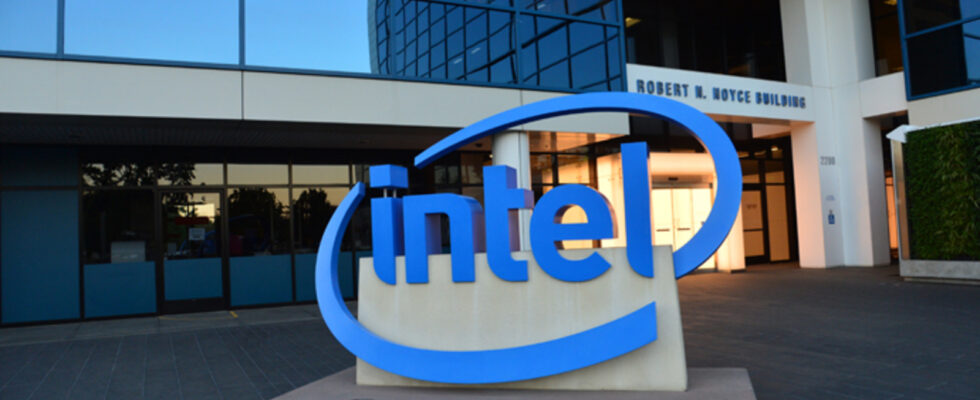It’s official: the famous processor manufacturer Intel is going to part with its x86 (32-bit) architecture.
After announcing a name change for its family of Core i processors, Intel will soon operate a new switch in terms of the architecture of its processors.
Intel will move away from its x86 architecture in favor of a 64-bit architecture only
Just yesterday, Intel published a white paper in which the manufacturer detailed at length how it intended to rationalize the production of its CPUs. To do this, it will definitely separate from x86 32-bit architectures in order to devote itself fully to the dominant mode of operation, 64-bit, introduced more than 20 years ago. This therefore follows the decision of the Californian company to have imposed UEFI64 as the new standard for its motherboards.
In order to support its decision to go to 64-bit, Intel recalls that Microsoft has made the decision to no longer deliver the 32-bit version of its operating system with the advent of Windows 11. For the manufacturer, the he time has therefore (almost) come to do the same.
64-bit only, yes, but for what advantages?
In concrete terms, if 64-bit architectures until now made it possible to run 32-bit applications natively, Intel is now imagining a model that would put an end to this backward compatibility. The company believes that some legacy modes have little use in modern operating systems, and that removing infrequently used elements from the architecture would greatly simplify the process. Thus, this new architecture, called x86S, will notably allow the processor to start up more quickly.
At this time, we don’t know when Intel will begin this transition to a fully 64-bit oriented future. But let those who would like to continue to run their software in 32 bits be reassured: you can always opt for solutions based on virtualization. As Intel reminds us, these will allow you to “ emulate the functionality required to boot legacy operating systems “.
Source : Intel
The processor market is one of the most dynamic in the tech world, but also the most dense. AMD/Intel references are numerous and often updated. Not easy to navigate in such a jungle: our selection should help you.
Read more

12